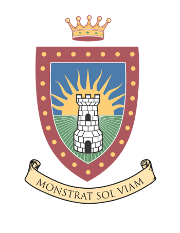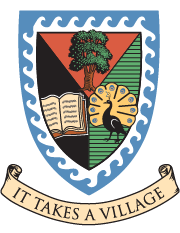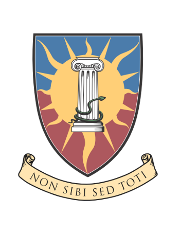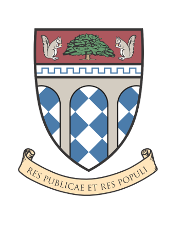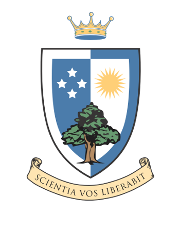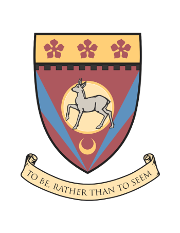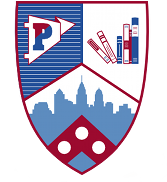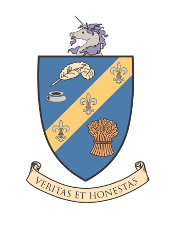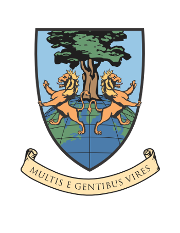Open to Upperclass Students
“Of such wisdom, the poetic passion, the desire of beauty, the love of art for its own sake, has most. For art comes to you proposing frankly to give nothing but the highest quality to your moments as they pass, and simply for those moments’ sake.”
– Walter Pater
How often do you experience moments as inspired by art? In all of art’s iterations and all the ways in which we engage with art, we can quickly lose track of those essential moments. As residents of Arts House Program Community, you will continue to be advocates of the arts. This call challenges residents to be more than consumers of the arts, and will create opportunities to experience, philosophically contemplate, and showcase art in your campus home.
By experiencing highlights of Philadelphia’s artistic offerings, such as Opera on the Mall, First Friday gallery openings, The Philadelphia Orchestra, and theater performances, Arts House can engage with and think about the process and presentation of artistic endeavors. Each spring semester, residents model those experiences with the annual Arts House Gallery Opening, which features local artists – visual, musical, performance – in Harnwell’s gallery and theater spaces.
This program is well-suited for the student who takes initiative, is dedicated to the mission of art advocacy, and is seeking intellectual and personal growth.
Program Goals: The Program invites residents to expand their understanding of the arts and foster an appreciation of different genres of art and learn more about the history of artists, composers, and particular works of art. Program residents will also have the opportunity to form and communicate opinions about various issues in the arts within a safe, supportive community. At the conclusion of the academic year, residents will have developed their critical thinking skills, taken on leadership roles, and engaged with these topics through an interdisciplinary model.
Participant Expectations: The Program RAGAs will review details and activities at the beginning of the academic year, where residents will receive their Arts House Compact. Residents will be expected to participate in the following, as decided by the RAGAs:
- 1 major event per month
- 1 minor event per month
- Implement 1 minor floor event as determined by the RAGAs
- Host 1 House program per semester

 = open to first-year students
= open to first-year students  = open to upperclass students
= open to upperclass students = academic credit available
= academic credit available = open to first-year students
= open to first-year students  = open to upperclass students
= open to upperclass students = academic credit available
= academic credit available = open to first-year students
= open to first-year students  = open to upperclass students
= open to upperclass students = academic credit available
= academic credit available
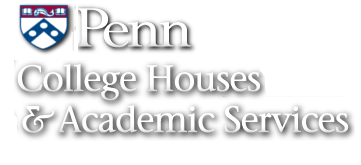
 Search
Search


